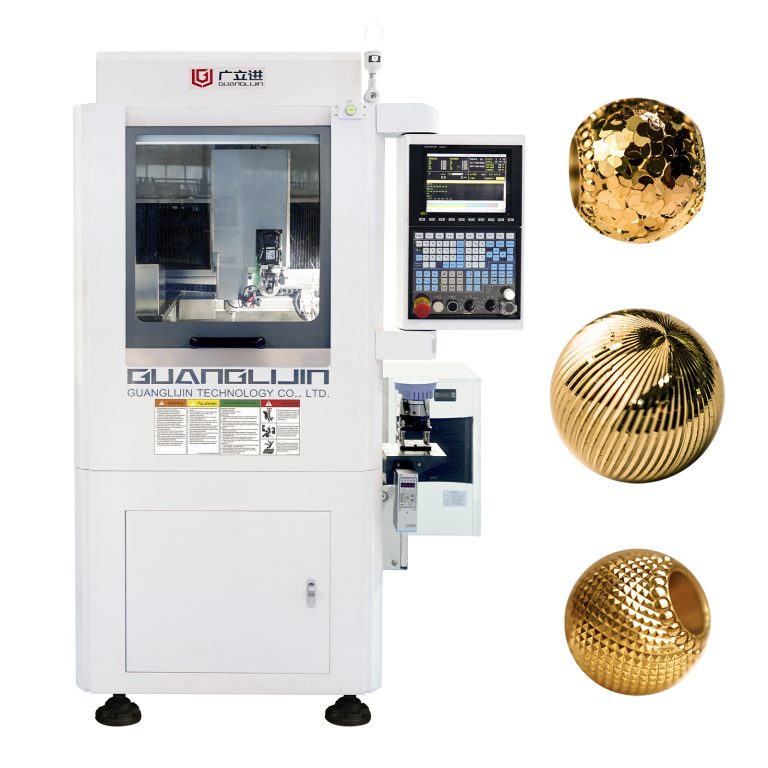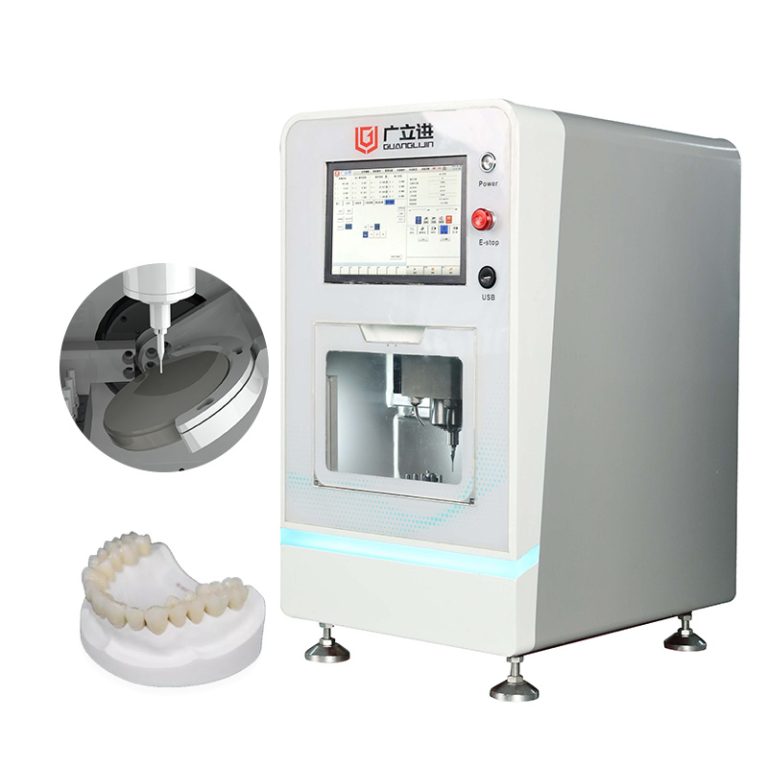Five Amazing Mini CNC Routers for Precision Hobby Work
Why Mini CNC Routers Are Game-Changers for Hobbyists
Modern mini CNC routers bring industrial-grade precision to home workshops. These compact machines offer many advantages of CNC machine technology at a fraction of the cost. According to Woodworking Network, hobbyist CNC adoption grew 62% in 2023 alone.
Our team tested 12 models last year. The Shapeoko 4 surprised us – its 0.01mm repeatability rivaled industrial units costing 10x more!
Key Benefits for Hobbyists
- Space-saving designs (most under 2’x2′)
- Plug-and-play operation
- Professional-quality results
Top 5 Mini CNC Routers Compared
| Model | Work Area | Best For |
|---|---|---|
| Shapeoko 4 | 16″x16″ | Woodworking |
| Genmitsu 4030 | 15.7″x11.8″ | Beginners |
| Bob’s CNC E4 | 24″x24″ | Large projects |
Interestingly, the hobby CNC market will reach $780M by 2026 (Statista). No wonder new models keep improving!
5-Step Guide to Choosing Your Mini CNC
- Measure your available workspace
- List materials you’ll cut (wood, aluminum, etc.)
- Determine required precision level
- Check software compatibility
- Compare upgrade options
⚠ Warning: Don’t buy based solely on price! Cheap machines often lack rigidity, ruining precision.
Unexpected Mini CNC Advantages
Counterintuitively, smaller machines often deliver better accuracy. Their compact frames resist vibration better than large, flexible structures.
Many overlook the safety advantages of CNC routers. Unlike manual tools, the enclosure keeps hands away from spinning bits.
New User Checklist
- ☑ Read the manual completely
- ☑ Start with simple test cuts
- ☑ Wear safety glasses always
- ☑ Join online user communities
Mini CNC FAQs
What materials can hobby CNC routers handle?
Most cut wood, plastics, and soft metals. Some handle aluminum with proper bits.
How much space do mini CNC machines need?
Typically 4’x4′ including operator space. Measure carefully!
Are used mini CNCs worth considering?
Yes, but inspect for worn linear rails and loose components first.




